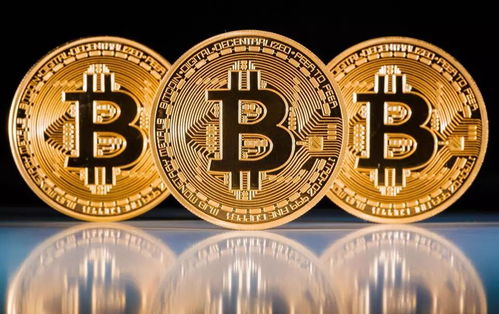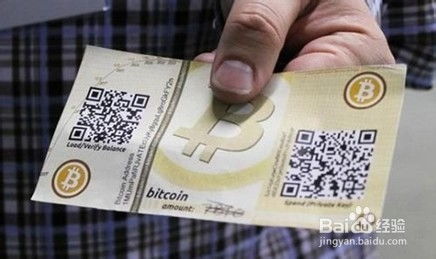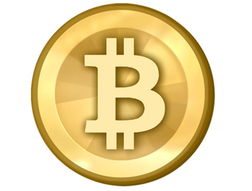来源:小编 更新:2024-11-17 12:20:49
用手机看

Bitcoin, a decentralized digital currency, has revolutionized the way transactions are conducted across the globe. With its increasing popularity, understanding how to make payments using Bitcoin has become a crucial skill for many individuals and businesses. This article delves into the basics of Bitcoin payments, exploring the process, benefits, and considerations for users.

Before delving into Bitcoin payments, it's essential to have a basic understanding of what Bitcoin is. Bitcoin is a cryptocurrency, a form of digital currency that operates independently of any central bank or government. It is based on a technology called blockchain, which is a decentralized ledger that records all transactions across a network of computers.
Bitcoin operates on a peer-to-peer network, meaning that transactions are directly between users without the need for intermediaries such as banks. This decentralized nature allows for faster, more secure, and often cheaper transactions compared to traditional banking systems.
Tags: Bitcoin, cryptocurrency, blockchain, decentralized ledger

Bitcoin payments are made through a digital wallet, which is a software application that allows users to send, receive, and store Bitcoin. Here's a step-by-step guide on how Bitcoin payments typically work:
Open a Bitcoin wallet: Users can choose from various types of wallets, including mobile, desktop, and hardware wallets. Each wallet has its own set of features and security measures.
Generate a Bitcoin address: A Bitcoin address is a unique string of characters that serves as the recipient's identifier for a Bitcoin transaction. It is similar to a bank account number but is not linked to any personal information.
Send Bitcoin: To make a payment, the sender enters the recipient's Bitcoin address into their wallet and specifies the amount of Bitcoin to be transferred.
Transaction confirmation: Once the transaction is initiated, it is broadcast to the Bitcoin network. Miners then validate the transaction and add it to a new block in the blockchain. This process is known as mining and is essential for maintaining the integrity of the network.
Transaction completion: Once the transaction is confirmed by the network, the sender's Bitcoin is transferred to the recipient's wallet. The transaction is then recorded in the blockchain, making it immutable and verifiable by anyone on the network.
Tags: Bitcoin wallet, Bitcoin address, transaction, mining, blockchain

Bitcoin payments offer several advantages over traditional payment methods:
Global reach: Bitcoin can be sent and received anywhere in the world, 24/7, without the need for currency exchange or international banking fees.
Security: Bitcoin transactions are secured by strong cryptographic algorithms, making them nearly impossible to hack or counterfeit.
Privacy: Bitcoin transactions do not require personal information, such as names or bank account numbers, to be shared, offering a higher level of privacy compared to traditional banking.
Lower fees: Bitcoin transactions often have lower fees compared to credit card or bank transfers, especially for international transactions.
Tags: Global reach, security, privacy, lower fees, international transactions

While Bitcoin payments offer numerous benefits, there are also some considerations to keep in mind:
Volatility: The value of Bitcoin can be highly volatile, which means that the amount of currency you receive or send can fluctuate significantly over time.
Regulatory risks: Bitcoin is still a relatively new and evolving technology, and regulations surrounding its use can vary by country. Users should be aware of the legal implications of using Bitcoin in their jurisdiction.
Security risks: As with any digital asset, Bitcoin is susceptible to security threats. Users must take appropriate measures to protect their wallets and private keys.
Tags: Volatility, regulatory risks, security risks, digital asset, private keys

Bitcoin payments have become an increasingly popular and convenient method for conducting transactions globally. By understanding the basics of Bitcoin, users can take advantage of its benefits while being mindful of the associated risks. As the technology continues to evolve, Bitcoin payments are likely to become even more widespread and integrated into everyday life.